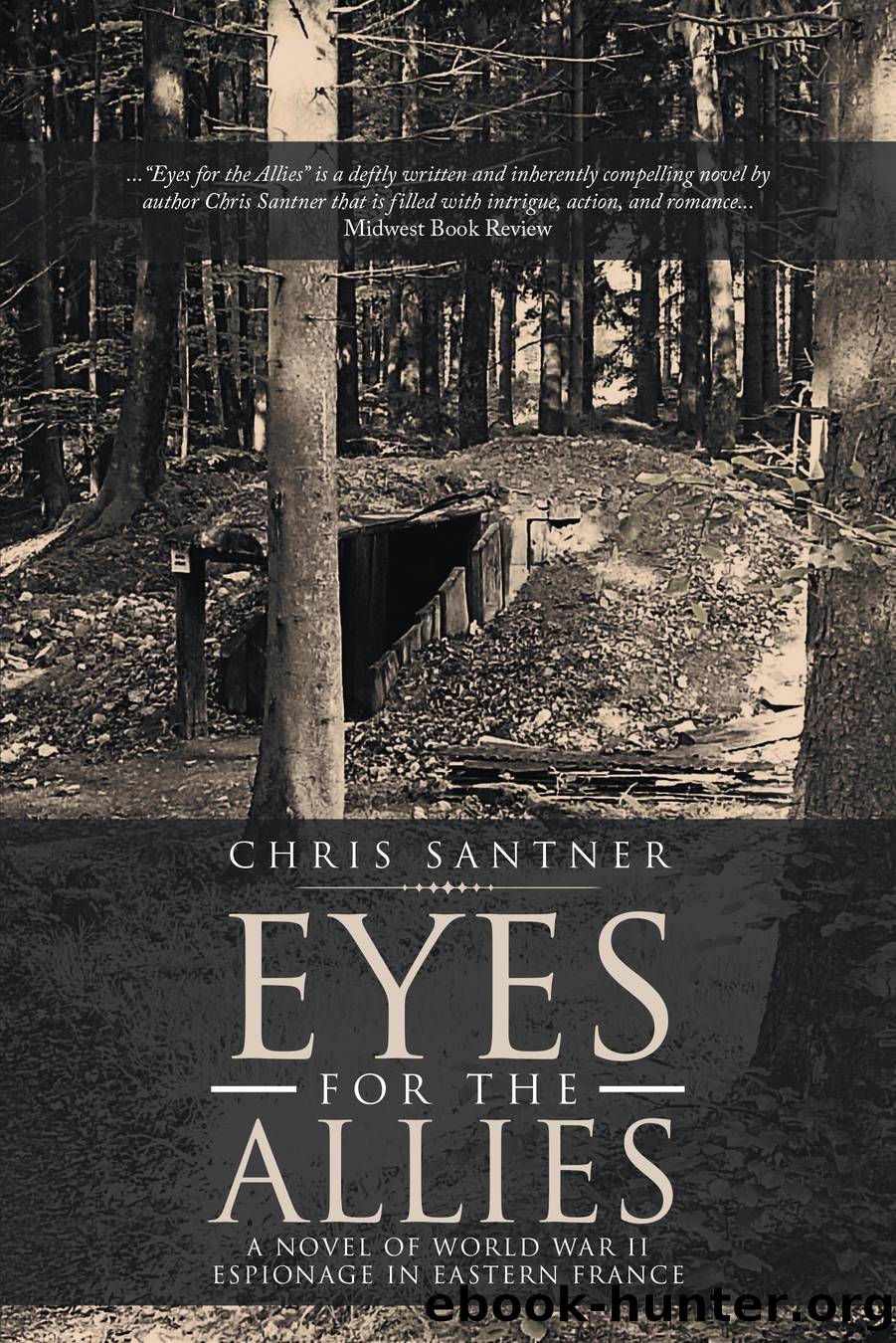9781954886988 by Unknown

Author:Unknown
Language: eng
Format: epub
Published: 2021-07-22T23:02:01+00:00
Chapter 31
June 24, SHAEF Headquarters, London
Two weeks had brought successes and disappointments. The landings had been successful, and supplies were coming in regularly, despite the violent channel storm that wrecked the Mulberry Port at Vierville-sur-Mer. One of the main issues challenging the Allies was the way the French countryside in Normandy had been divided into small fields by hedgerows. Even though the UK had hedgerows, their significance had not been appreciated by the Allied planners. The French had named this area the bocage.
A major disappointment was the lack of progress to take Caen. Montgomery had promised to capture the city the day after the invasion, but German resistance in the area had proved to be extremely stiff. That area of Normandy had considerably less of the bocage-type countryside, but the Germans had prepared their defenses well.
The hedgerows were a significant defensive resource for the Germans, and they planned well to extract the maximum benefit. Each of the fields was typically small, perhaps one hundred by three hundred yards. The Germans had set machine-gun positions at strategic points to cover any paths the Allies might use in their advance. In addition, they placed mortars two or three fields to the rear. The result was that each time the Allies captured one of the small fields, they were immediately met with well-placed firepower that increased casualties, resulting in slow progress.
The Germans also had been successful at reestablishing much of the communications and transportation links cut by preinvasion bombing and sabotage. Clearly, the Allies needed to focus more on this.
As a result, Colonel Betts was tasked by SHAEF to put together a plan that would focus on additional tactical bombing and increasing activity by the Resistance to take out communications and transportation. The easy part was developing a plan for tactical bombing. The more difficult task was to plan sabotage activities. These needed to be carefully coordinated with the actual troop advance, remaining as plans only until the Allies were close; otherwise, the Germans would repair the damage before the infantry could attack. Colonel Betts knew he needed to send additional agents into France to determine primary targets, while assisting the various Resistance groups.
He picked up his phone and called Colonel Gaffney. âJohnny, this is David. I may need to borrow some of your staff for missions into France.â Without giving Gaffney time to object, he asked, âRealizing you canât spare anyone, tell me who I can have.â
âGod, David, we just put our new staff together a few weeks ago. Surely you can find other candidates.â
âI need people familiar with the area and who know the difference between low- and high-value targetsâand their vulnerabilities. Unfortunately, thatâs your people.â
There was a silence at the other end. Gaffney knew Betts was correct. âAll right. Iâll have a list to you in two hours.â
âI knew I could count on you.â
âYou realize that if we donât have trained intelligence officers here, other things are going to suffer as well. Iâll get that list to you.â
An hour later, Gaffney was looking at a short list of three names that he didnât want to lose.
Download
This site does not store any files on its server. We only index and link to content provided by other sites. Please contact the content providers to delete copyright contents if any and email us, we'll remove relevant links or contents immediately.
| Anatomy | Bacteriology |
| Biochemistry | Biostatistics |
| Biotechnology | Cell Biology |
| Embryology | Epidemiology |
| Genetics | Histology |
| Immunology | Microbiology |
| Neuroanatomy | Nosology |
| Pathophysiology | Physiology |
| Virology |
Tuesdays with Morrie by Mitch Albom(4775)
Yoga Anatomy by Kaminoff Leslie(4359)
Science and Development of Muscle Hypertrophy by Brad Schoenfeld(4133)
Bodyweight Strength Training: 12 Weeks to Build Muscle and Burn Fat by Jay Cardiello(3961)
Introduction to Kinesiology by Shirl J. Hoffman(3766)
How Music Works by David Byrne(3262)
Sapiens and Homo Deus by Yuval Noah Harari(3068)
The Plant Paradox by Dr. Steven R. Gundry M.D(2613)
Churchill by Paul Johnson(2578)
Insomniac City by Bill Hayes(2545)
Coroner's Journal by Louis Cataldie(2476)
The Chimp Paradox by Peters Dr Steve(2383)
Hashimoto's Protocol by Izabella Wentz PharmD(2371)
The Universe Inside You by Brian Clegg(2129)
Don't Look Behind You by Lois Duncan(2126)
The Immune System Recovery Plan by Susan Blum(2057)
Endure by Alex Hutchinson(2021)
The Hot Zone by Richard Preston(2015)
Woman: An Intimate Geography by Natalie Angier(1938)
